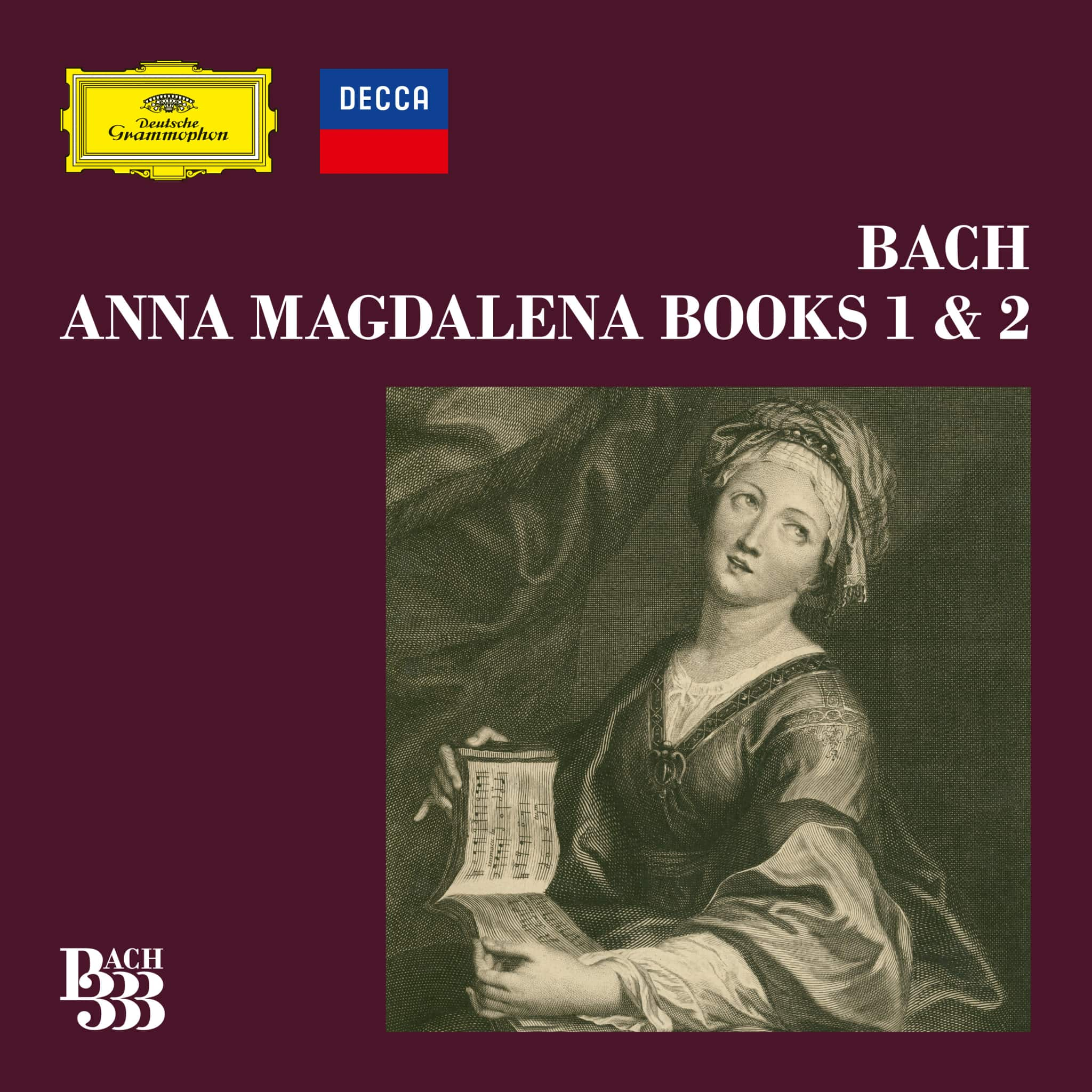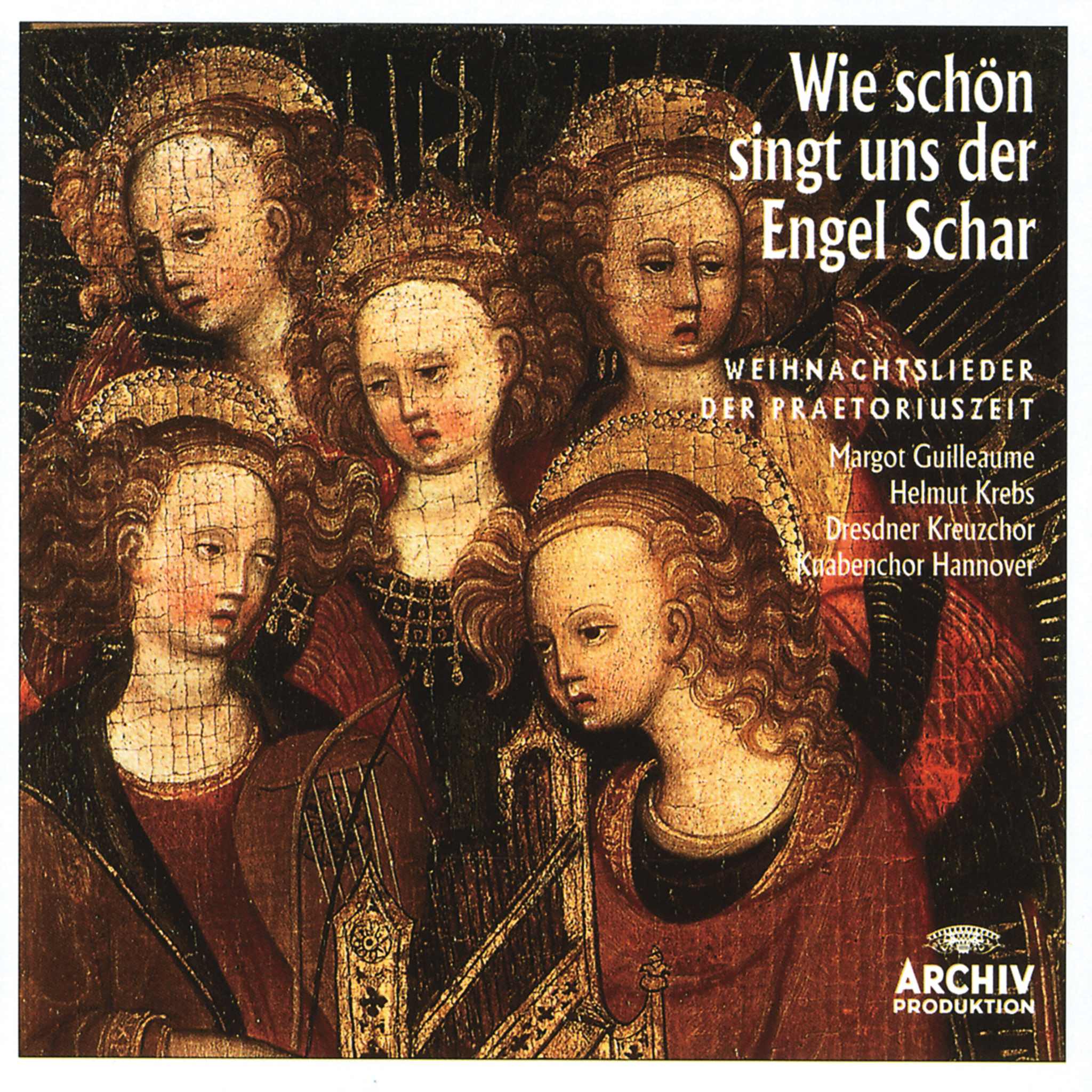Fascinating Works by Margot Guilleaume | STAGE+
Explore the compelling works of Margot Guilleaume, a revered artist in the music realm, in our featured STAGE+ segment. Delve into the captivating melodies of "Milan: Musica de vihuela de mano" and "Ortiz: Musica de Violones," exquisitely executed by a talented gathering of musicians.
Margot Guilleaume: A Distinguished German Soprano
Margot Guilleaume (1910–2004) was a distinguished German soprano celebrated for her contributions to early music, both on stage and in the concert hall. Born and educated in Hamburg, Guilleaume began her career as a choir singer at the Hamburg Schillertheater and later became a principal soloist for the Nordwestdeutschen Rundfunk Hamburg after World War II. She was particularly acclaimed for her interpretations of Baroque and oratorio repertoire.
Guilleaume as an Influential Pedagogue
Beyond her artistry as a performer, Guilleaume was also an influential pedagogue. From 1962 to 1977, she served as Professor at the Hamburg Musikhochschule, nurturing a new generation of singers. Among her many recordings, she participated in numerous projects featuring early music, including works by Monteverdi, Handel, and Buxtehude, mostly for labels like Archiv-DGG, Vox, and Telefunken.
The Featured Album
The featured album, spotlighting Milan’s “Musica de vihuela de mano” and Ortiz’s “Musica de Violones,” brings together Guilleaume and renowned early music interpreters: Walter Gwerwig, Bernhard Michaelis, August Wenzinger, and Eduard Müller. This collaboration underscores her versatility and expertise in historically informed performance, focusing on Renaissance and early Baroque repertoire.
The Ensemble
Margot Guilleaume, praised for her profound understanding and delivery of music, leads the ensemble, completely immersing herself in every note. Alongside Guilleaume, Walter Gwerwig, a highly skilled lutenist, demonstrates the timeless appeal of the vihuela in the "Milan: Musica de vihuela de mano" piece. Bernhard Michaelis, instrumental in strengthening the backbone of "Ortiz: Musica de Violones," shows his extensive expertise as a violonist. Complementing Michaelis, August Wenzinger's intricate understanding and playing of the violone add depth to the compositions. Finally, we have Eduard Müller, impressing with his keyboard proficiency that enhances the overall harmony of the musical pieces. His contribution brings a unique dimension to the otherwise string-dominant sound.
Conclusion
Our STAGE+ special transports you into the world of Margot Guilleaume's captivating music. It unveils an intriguing blend of the familiar and the unexpected, showcasing the transformative power of music, especially when crafted by skilled musicians. Guilleaume’s work on such projects showcases her dedication to reviving music from earlier centuries with authenticity and artistry, ensuring that these rich traditions and sounds remain vibrant for contemporary audiences.





